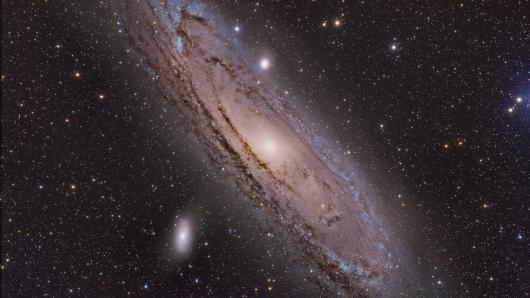Course description
Astronomers are making exciting discoveries every day. Some of these discoveries change the way we understand the universe. During the past twenty-five years, we have discovered roughly 5,000 exoplanets, or planets orbiting other stars. Just over twenty years ago, the systematic study of supernovae explosions led to the discovery of a new and still not understood component of the universe called dark energy. In 2016, gravitational radiation was detected for the first time, allowing us to detect the mergers of distant black holes. In this course we select five areas of current research and use these to introduce and study the basic concepts of astronomy. The course is designed to help students get a feel for what it is like to be an astronomer, using the new generation of ground- and space-based telescopes, combined with sophisticated theoretical techniques and computational facilities. As we study each aspect of the universe, we ask how we came to know what we know today and how astronomers are investigating still-unanswered questions.





